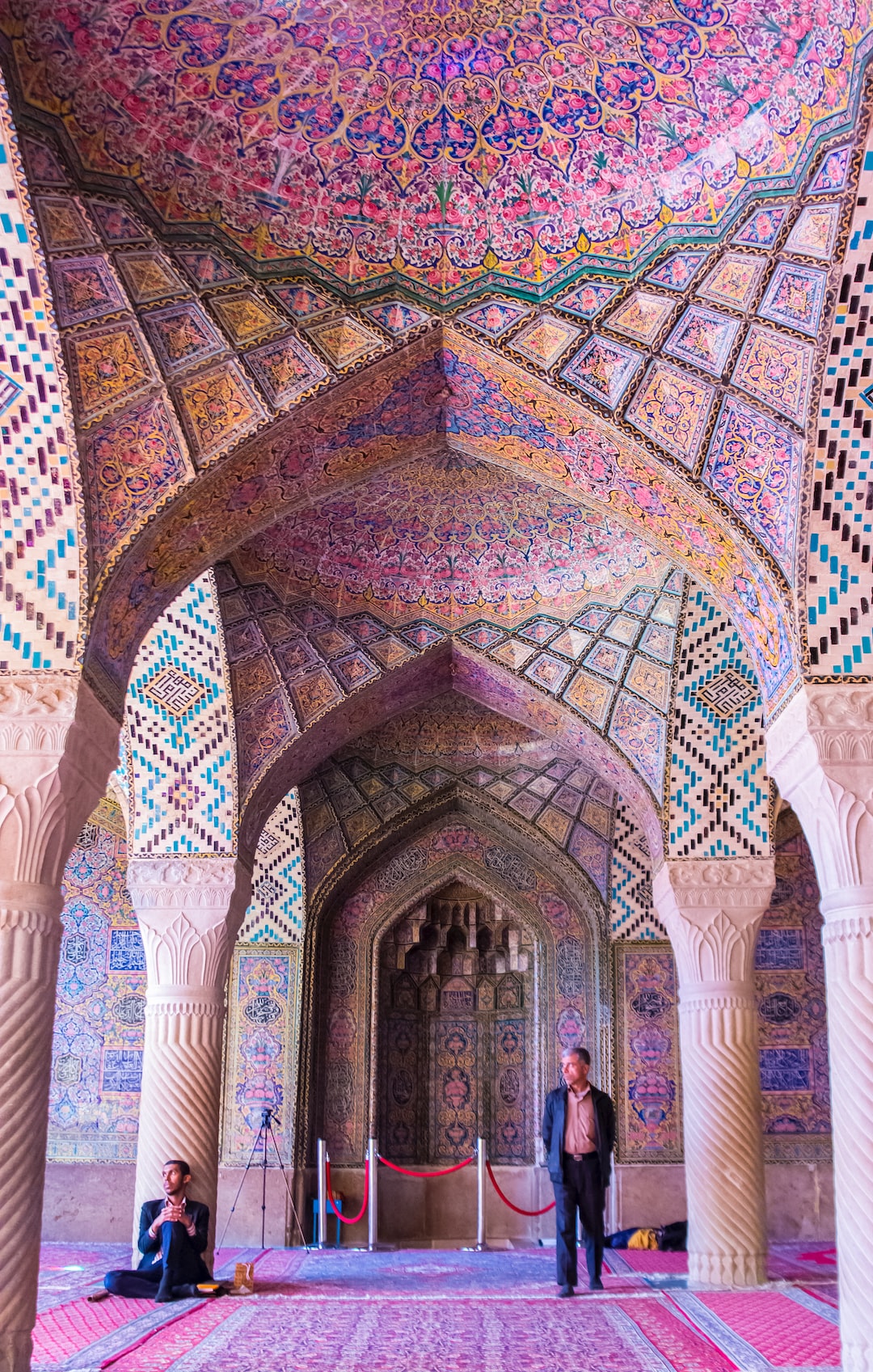Religion has played a significant role throughout history, not only in shaping individual beliefs and values but also in influencing political structures and governance. Whether it’s the divine right of kings, theocracy, or religiously inspired policies, the connection between religion and politics is undeniable.
One of the earliest forms of political structure influenced by religion was the concept of the divine right of kings. This idea, prevalent in the Middle Ages, suggested that monarchs were chosen by God and therefore held absolute power. It was believed that kings were God’s representatives on Earth, and their authority was unquestionable. This religious justification allowed rulers to maintain their power and reinforce social hierarchies. The divine right of kings laid the foundation for the absolute monarchies that ruled many countries for centuries.
Religion has also influenced governance through the establishment of theocracy, a political system where religious leaders hold the highest authority. Ancient civilizations like Egypt and Mesopotamia had theocratic governance, where pharaohs and priests overlapped in power. In more recent history, Iran is an example of a theocratic state, where religious leaders hold ultimate power over the government. The influence of religion on political structures was clearly demonstrated in these theocracies, where the religious doctrine became the law of the land.
Furthermore, religion has often influenced specific policies and laws through the moral and ethical values it promotes. Many political decisions and legislation have been driven by religious beliefs and principles. For instance, issues such as abortion, same-sex marriage, and euthanasia are often heavily debated and influenced by religious perspectives. Religious groups organize and advocate for particular positions on these matters, which, in turn, shape political discourse and influence policy outcomes.
Apart from influencing specific policies, religion has also played a role in shaping the overall governance framework of a country. For example, the legal system in many countries incorporates religious principles and moral values. This is particularly evident in countries with a strong religious identity, where religious laws and rulings have a direct impact on the legal framework. In such cases, religious leaders and institutions can significantly influence the interpretation and implementation of the law.
However, the influence of religion on political structures and governance is not limited to positive outcomes. In some instances, religious ideologies and fundamentalism can lead to social division and even violence. History has witnessed religious conflicts and wars fueled by differences in religious beliefs, often with devastating consequences. The intersection between religion, politics, and power has sometimes been exploited, leading to the manipulation of religious fervor for political gain.
The influence of religion on political structures and governance raises pertinent questions about the separation of church and state. In democratic societies, the principle of secularism seeks to keep religion and politics separate, ensuring that public policy is not driven solely by religious doctrine. However, achieving this separation can be challenging, especially when religion has deep roots in society and has historically shaped political structures.
In conclusion, the influence of religion on political structures and governance has been profound throughout history. From the divine right of kings to theocracy and religiously driven policies, religion has played a pivotal role in shaping political systems. While it has contributed to the establishment of moral and ethical frameworks, it has also led to conflicts and controversies. The delicate balance between religion and politics continues to shape societies and poses important questions about the separation of church and state in modern governance.

